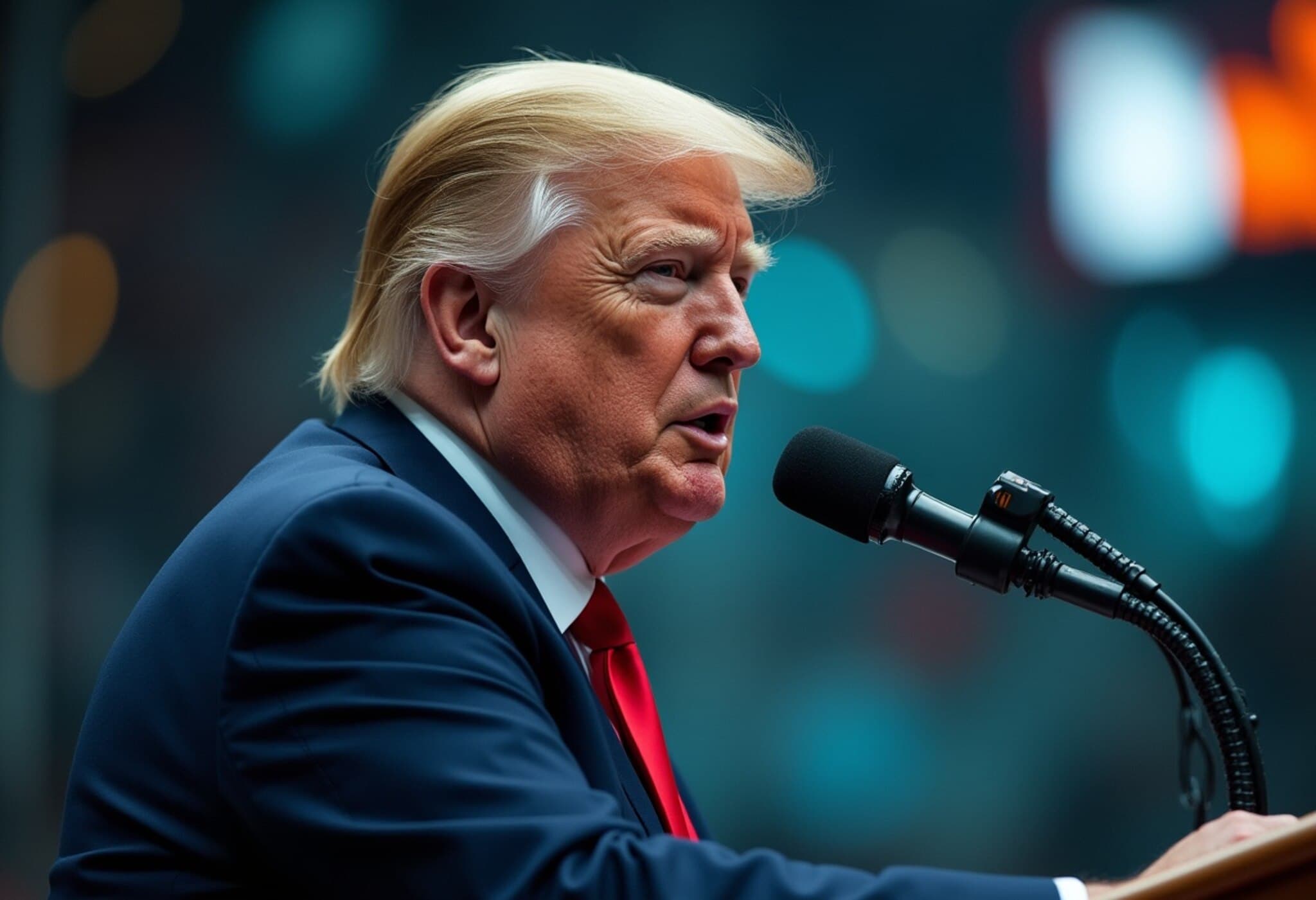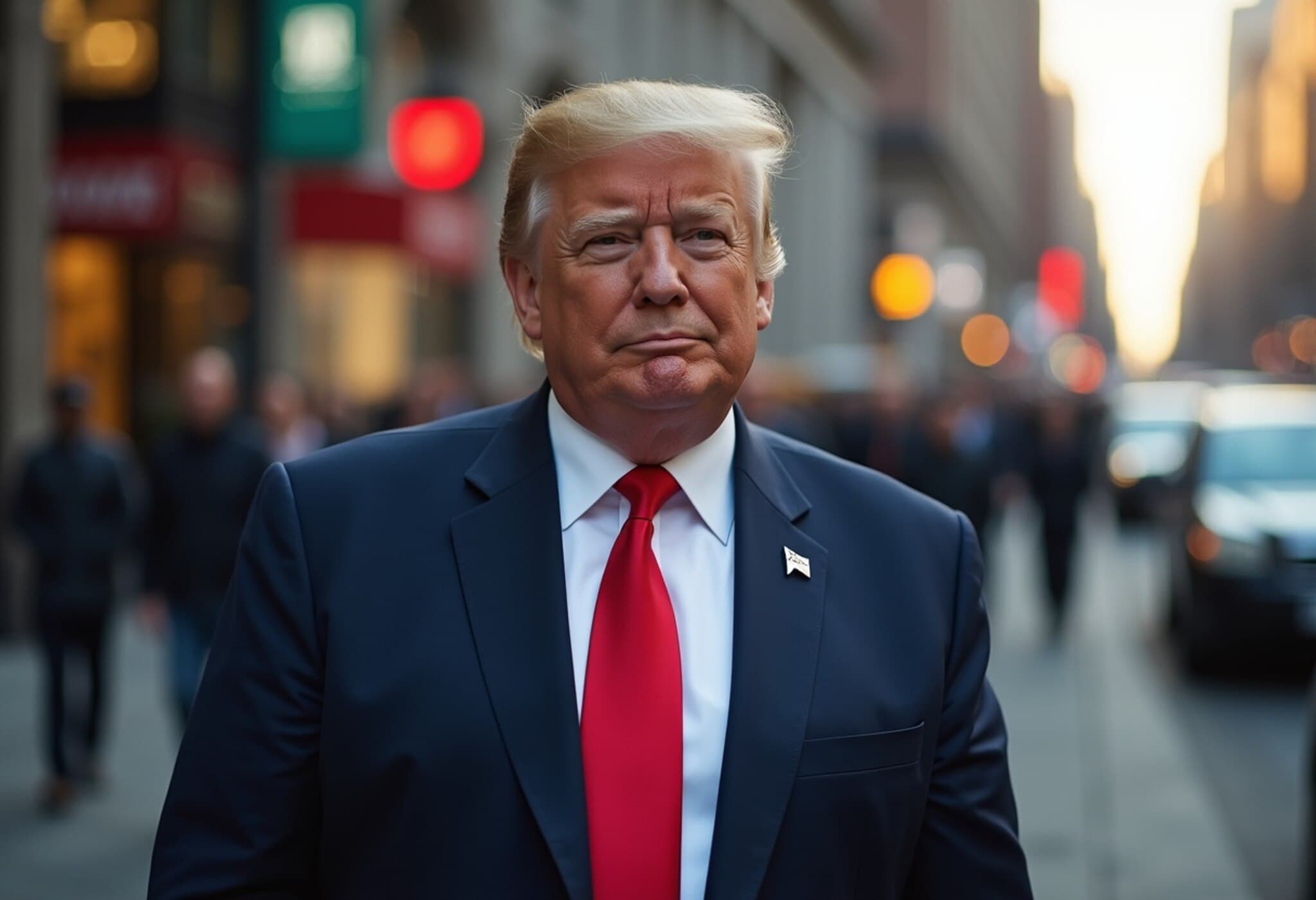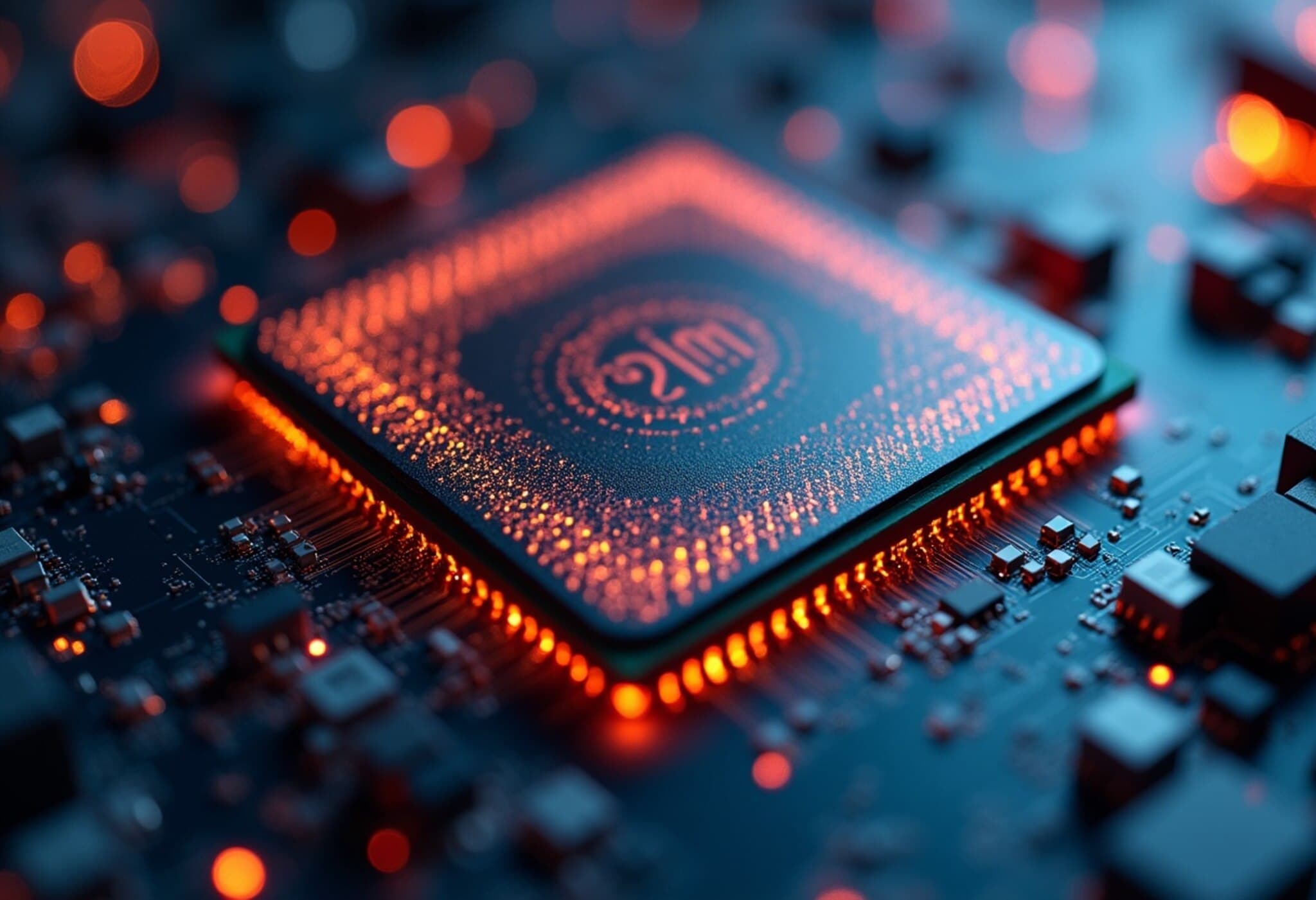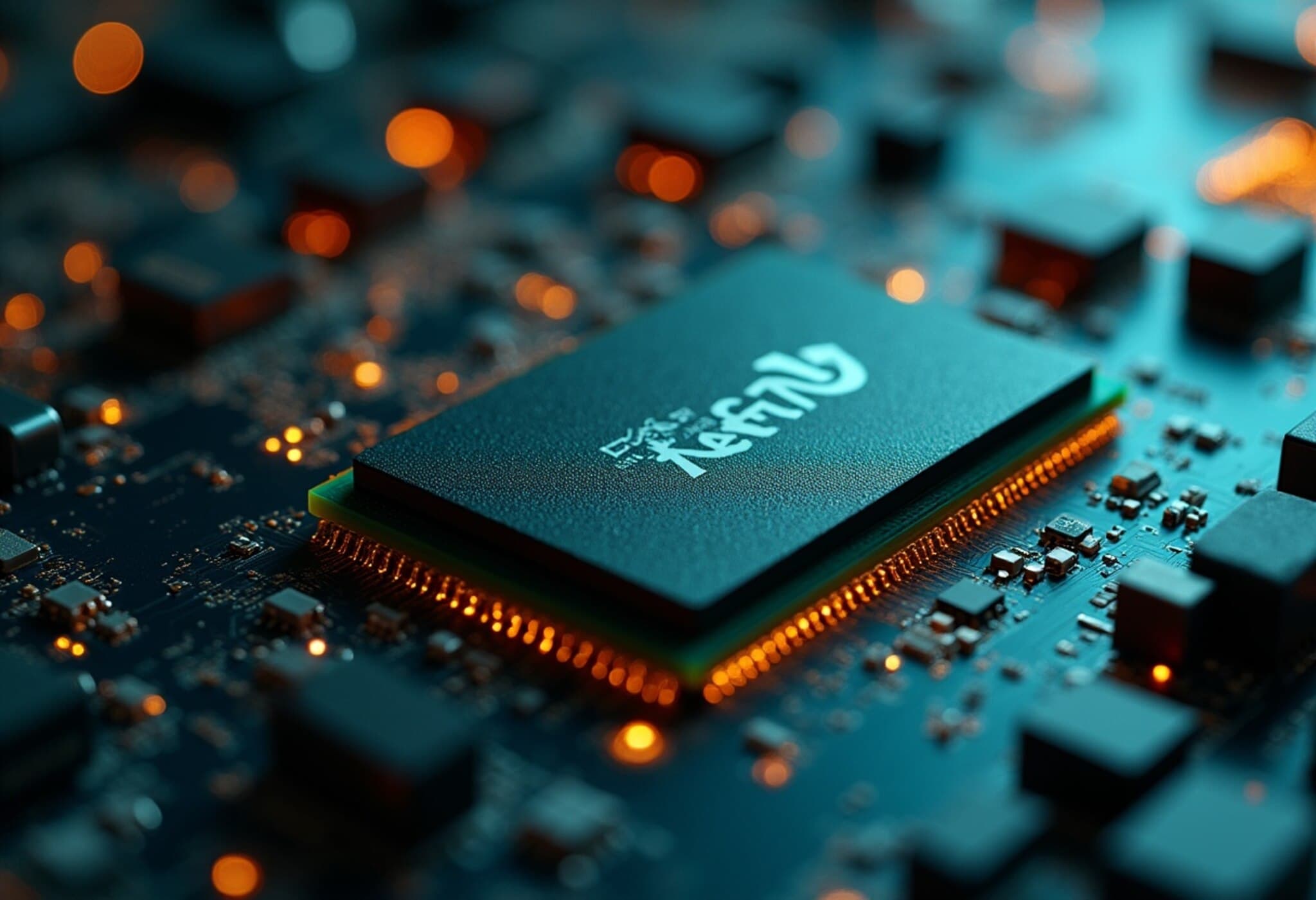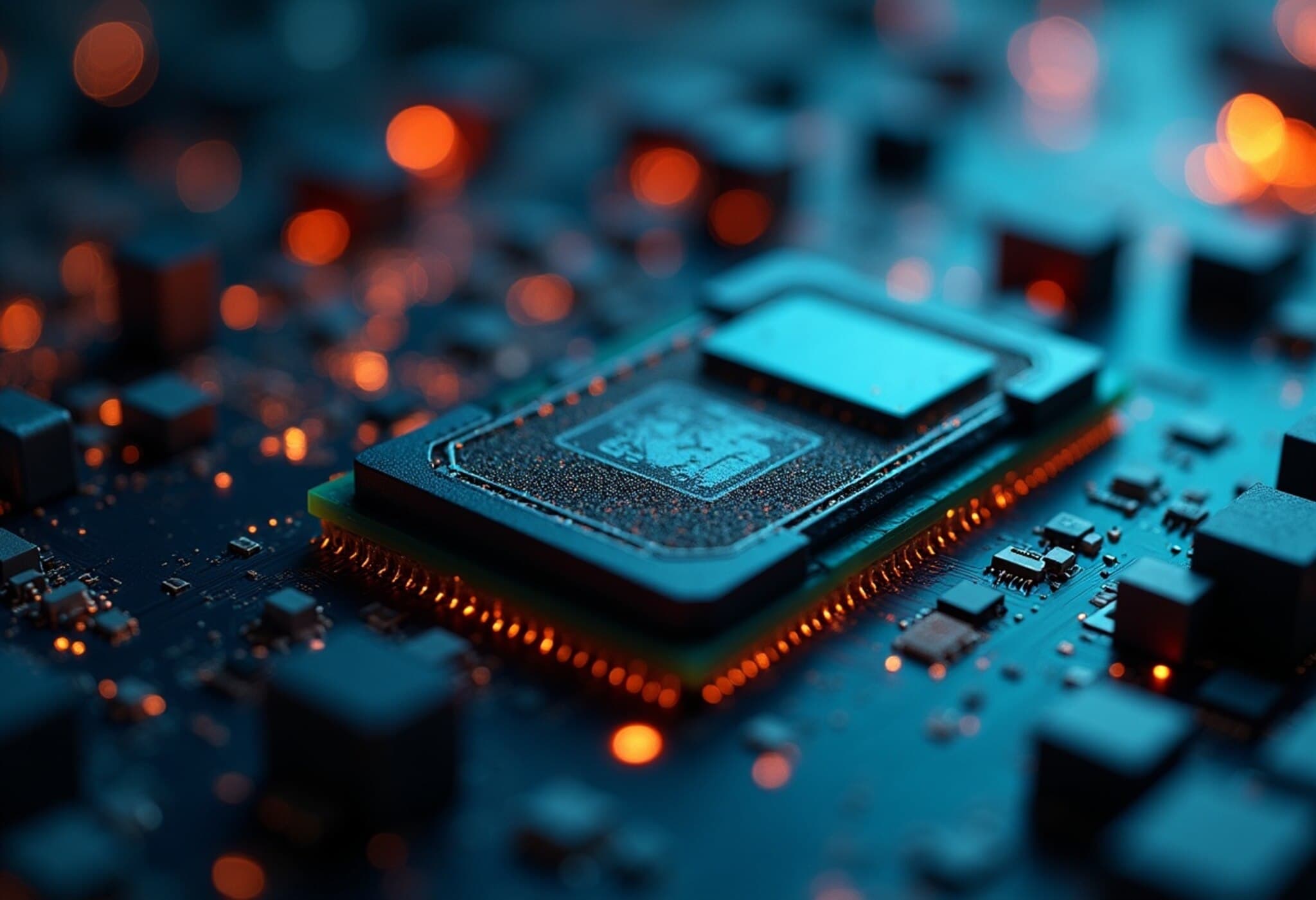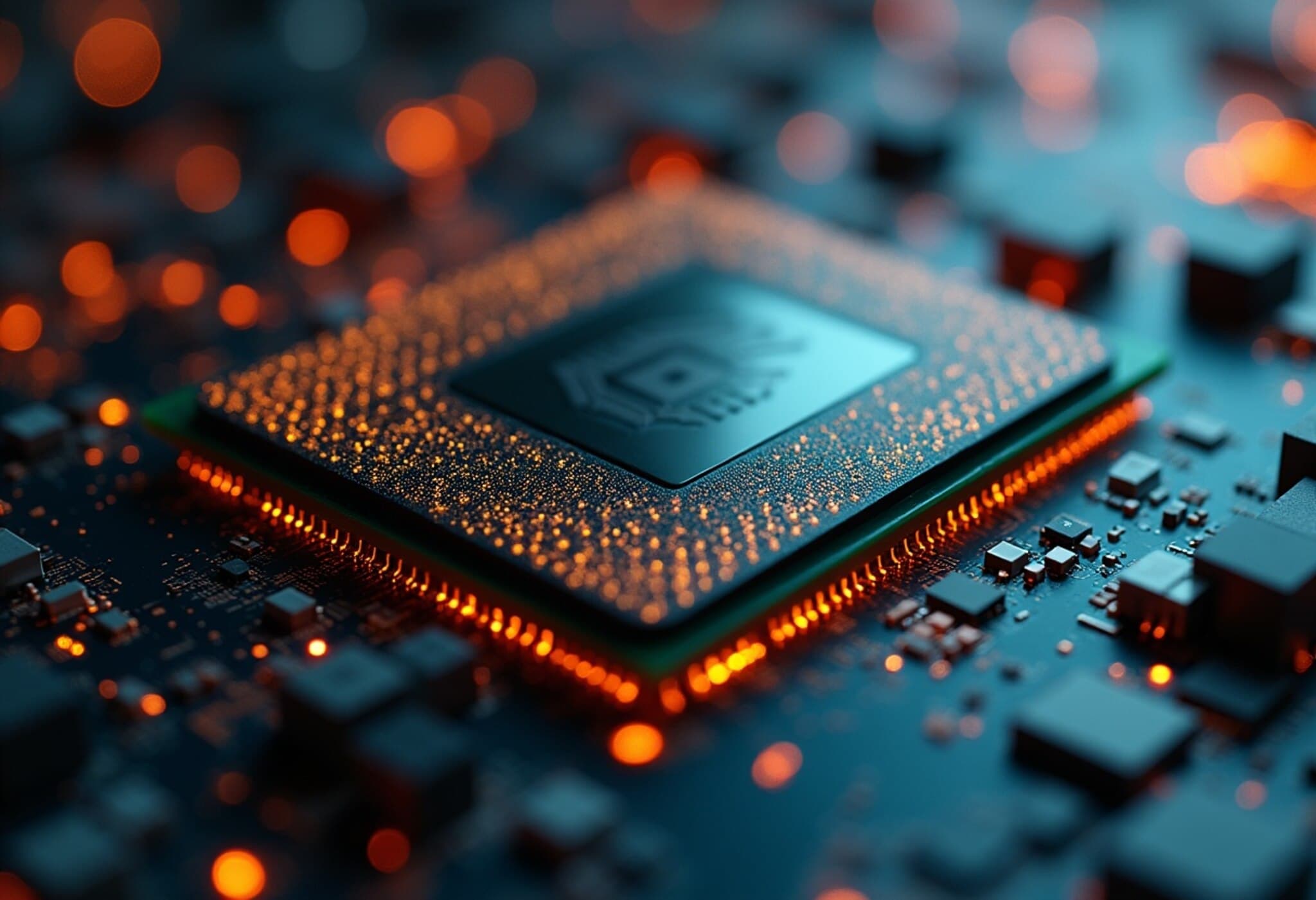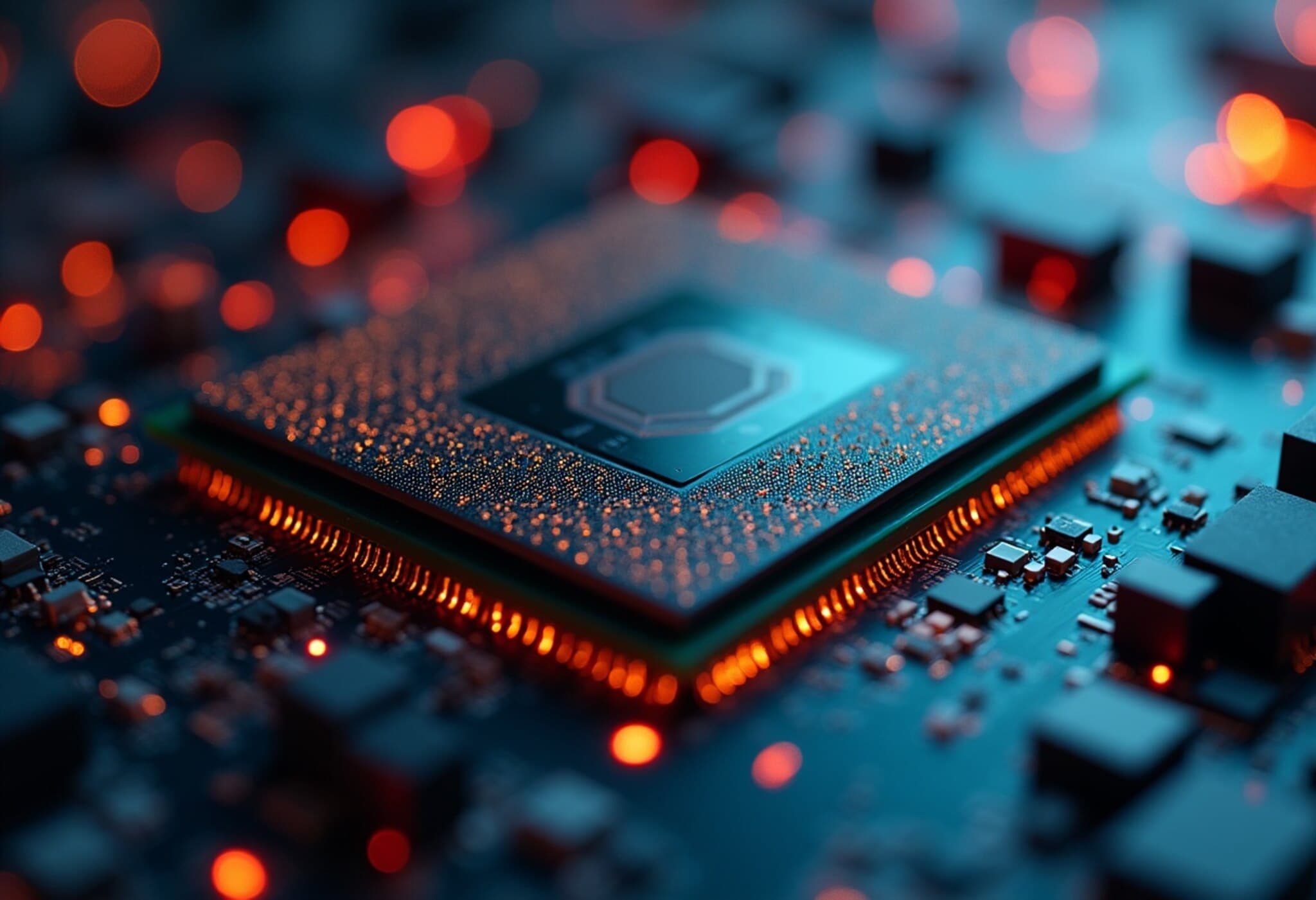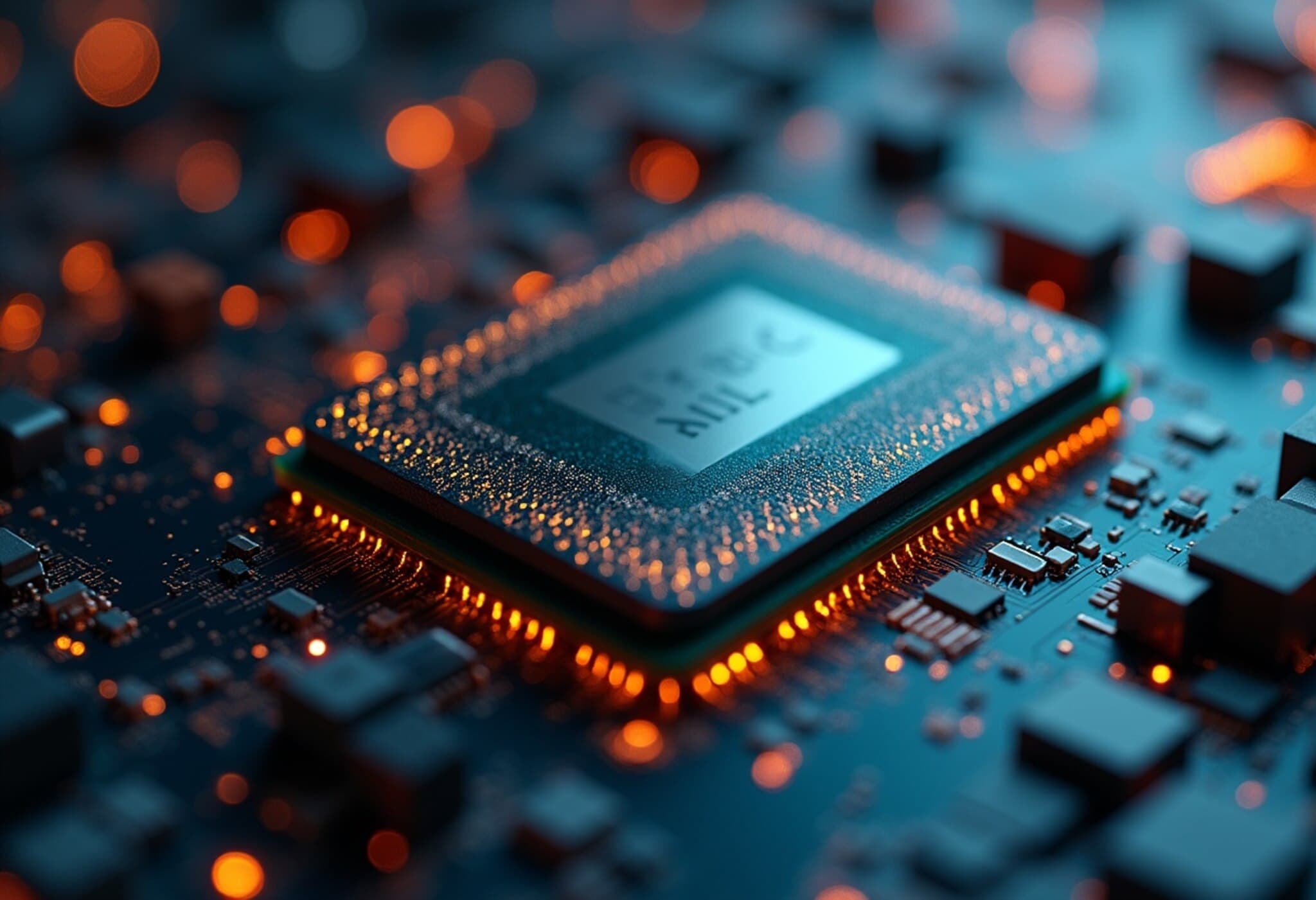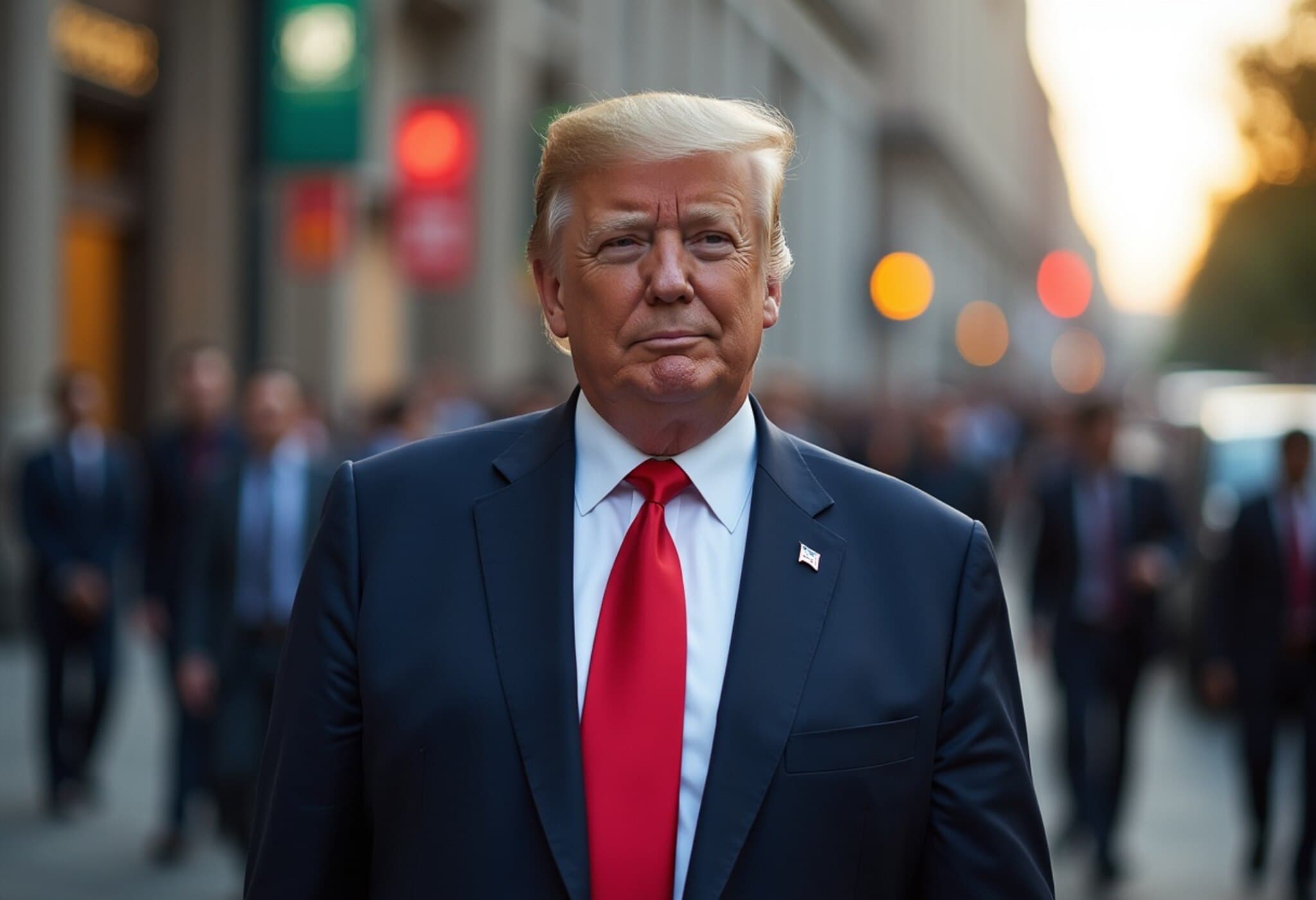White House Works to Finalize Export Tax Deal on Nvidia and AMD China Chip Licenses
In a rapidly evolving chapter of U.S.-China tech relations, the White House announced Tuesday that it is actively fine-tuning the legal and regulatory framework surrounding a novel 15% export tax applied to Nvidia and Advanced Micro Devices (AMD) for their AI chip sales in China. This revelation underscores a wider effort that could eventually extend similar arrangements to additional technology firms.
Current Status and Government Statements
Karoline Leavitt, a spokesperson for the White House, emphasized that so far, the export tax deal specifically involves Nvidia and AMD but indicated the possibility of expanding this mechanism to more companies in the future. The arrangement allows these firms to secure U.S. government export licenses for AI chips designed for China, in exchange for a portion of revenue, effectively a government levy on sales.
Leavitt noted, "The legality of it, the mechanics of it, is still being ironed out by the Department of Commerce," suggesting that the precise implementation strategy remains under negotiation. This highlights the novel and complex nature of the policy, which blends trade controls with revenue-sharing models uncommon in export regulation.
Background: The AI Chip Export Controls
The U.S. government’s cautious control over AI hardware exports stems from national security concerns. Nvidia’s H20 chip, a variant of its powerful H100 and H200 models, is intentionally modified to slow performance when sold overseas—to comply with export restrictions introduced in 2023 under the Biden administration. These controls aim to restrict China’s ability to enhance its AI capabilities, which could potentially be leveraged by its military or state-linked entities.
Despite these restrictions, Nvidia anticipated over $8 billion in H20 chip sales within a single quarter before the Trump administration's new twist in April made export licenses obligatory—and subsequently tied to a government share of proceeds.
President Trump’s Negotiation Strategy
On Monday, President Trump openly discussed the arrangement, revealing that his administration had negotiated a licensing deal wherein the government would receive a 15% cut of Nvidia’s revenue for the H20 chip sold to China. He justified this by saying, "If I’m going to do that, I want you to pay us as a country something, because I’m giving you a release." AMD reportedly finalized a similar deal.
Nvidia responded with a measured statement asserting it abides by U.S. government rules in global markets, underscoring their commitment to regulatory compliance even as the parameters evolve.
Legal and Policy Challenges Ahead
Legal experts following international trade warn that the Trump administration's export tax may clash with existing U.S. laws governing export license fees. Traditional export licensing involves standard fees rather than a revenue-sharing scheme, raising questions about the government’s authority to impose such a tax.
The Commerce Department has yet to comment publicly on these issues, leaving observers uncertain how the final policy will shape up or how it might withstand legal scrutiny.
Geopolitical and Industry Implications
China, for its part, has urged domestic companies not to use Nvidia's H20 chips in government or national security contexts, signaling its wariness about dependency on U.S. technology amid heightened tensions. This export tax and licensing framework may signal a new era of U.S. leverage in global tech markets, introducing financial as well as regulatory barriers to sensitive exports.
From an economic perspective, the move raises pressing questions about how American tech firms can continue to compete internationally while navigating geopolitical headwinds and expanded regulatory costs.
Expert Analysis: A Balancing Act Between Security and Commerce
Trade policy experts highlight that this approach reflects a broader shift in how the U.S. seeks to protect critical technologies without outright banning their export—a nuanced stance that prioritizes both national security and sustained economic participation.
However, uncertainty about the long-term viability and legal enforceability of revenue-sharing arrangements could complicate relations with major U.S. tech exporters and set precedents for future export controls on emerging technologies.
Looking Ahead
- Will the Department of Commerce finalize a clear legal framework for the export tax?
- Could this model extend beyond AI chips to other strategic technologies?
- How will companies balance compliance with competitiveness amid these shifting policies?
- What implications does this have for U.S.-China relations in the high-tech arena?
As the White House tries to thread the needle, industry watchers and policymakers alike are keenly observing developments that could redefine the intersection of technology, trade, and national security in the 21st century.
Editor’s Note:
This evolving export tax arrangement spotlights the increasing complexity of U.S. efforts to regulate sensitive technology exports to China. Beyond the immediate financial implications, it raises critical questions about international trade law, the balance between economic interests and security imperatives, and the future blueprint for managing emerging tech amidst geopolitical tensions. As this story unfolds, stakeholders must consider not only the legal and economic outcomes but also the broader strategic consequences for global technology leadership.


